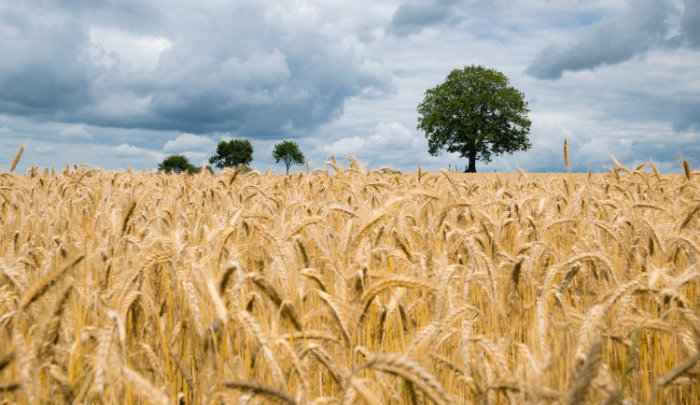Costco is limiting the purchase of paper household products again, and Lunchables, kids’ juice packs, and lobster are in short supply too:
LIMIT 1: Some Costco warehouses are again limiting purchases of essential items like toilet paper, paper towels, and bottles of water. https://t.co/yavAUr3CY6
— KCAL News (@kcalnews) August 24, 2021
The Rio Grande is low on water secondary to drought conditions:
#NewMexico#Drought https://t.co/1evCtCYDCF
— 🇵🇹Common Raven🇺🇸 (@Bewickwren) August 24, 2021
Grain inventories are depleted all over the globe as temperatures rise. The US grain supply is no exception, and grain prices are rising.
There’s an earthquake swarm under Kilauea, but scientists say no eruption is imminent. The Hawaiian Volcano Observatory has placed it under “watch” status for now.
Tropical storm Ida is headed to the Gulf Coast, and is likely to strengthen into a hurricane before it does:
BREAKING: #Ida becomes ninth named storm of the 2021 Atlantic #hurricane season.
Forecast to arrive along the northern Gulf Coast by Sunday.
Complete forecast briefing: https://t.co/CldZc5prpG pic.twitter.com/9PP7les0VO
— The Weather Channel (@weatherchannel) August 26, 2021
TSMC microchip prices are going to rise. This is going to hit device availability and device costs down the line.
The world has 215.4 million COVID cases. The world has gained 4.6 million cases in the last seven days. There have been nearly 4.5 million deaths in total. The US has had a cumulative 39.3 million cases. Over 651,000 Americans have died. There have been over 150,000 new cases in the last day, and over 1,100 deaths in that time in the US. The US is still leading global daily case gain.
States in the US South are faring worse than some entire countries:
Top 5 covid cases/capita places (country or state) in the world, current, population > 1M
1. Mississippi 118/100,000
2. Georgia (country) 116/100,000
3. Louisiana 100/100,000
4. Florida 99/100,000
5. Israel 91/100,000— Eric Topol (@EricTopol) August 25, 2021
US COVID hospitalizations have really ramped up:
NEW: Number of Americans hospitalized with COVID-19 tops 98,000
— BNO News (@BNOFeed) August 24, 2021
Brexit and COVID combined are pummeling the UK with labor shortages. Manufacturers are asking the government to use prisoners to fill the labor gap. It’s not just the labor supply that’s in trouble, it’s food, too—McDonald’s can’t make milkshakes in the UK because of ingredient shortages.
People are still cruising on cruise ships during the pandemic, and people are not only contracting COVID on their trips, they’re dying from it on their trips.
Hospital workers are balking at vaccine mandates, and this could make proper staffing even more difficult than it already is right now.
The CDC is not truly tracking breakthrough infections in the vaccinated. The agency is trying to track “severe” breakthrough cases, but the data reporting methods are likely to cause omissions. More breakthrough infections are happening than you might think and the CDC acknowledges this.
The US might recommend COVID booster shots at six months instead of eight as Delta continues to rage. It looks like we don’t have the means to speed up the delivery of boosters before September, though. Moderna plans on seeking full FDA approval for its vaccine soon.
Companies are starting to charge unvaccinated employees more for health insurance. Delta has seen a 5-fold rate of increase in COVID vaccinations after this announcement:
BREAKING: Delta Air Lines says unvaccinated employees must pay $200 per month surcharge for health insurance. pic.twitter.com/Lye141Oed9
— Sam Sweeney (@SweeneyABC) August 25, 2021
Over 1/3 of Tennessee’s COVID cases are in children, which is more than twice the proportion of pediatric COVID cases seen with the wild type virus. Few schools in Tennessee have a mask mandate, and few allow schooling by distance at this time.
Tyson chicken plants are going to offer a $10K weekly lottery to employees who get vaccinated.


You are reporting the comment """ by on